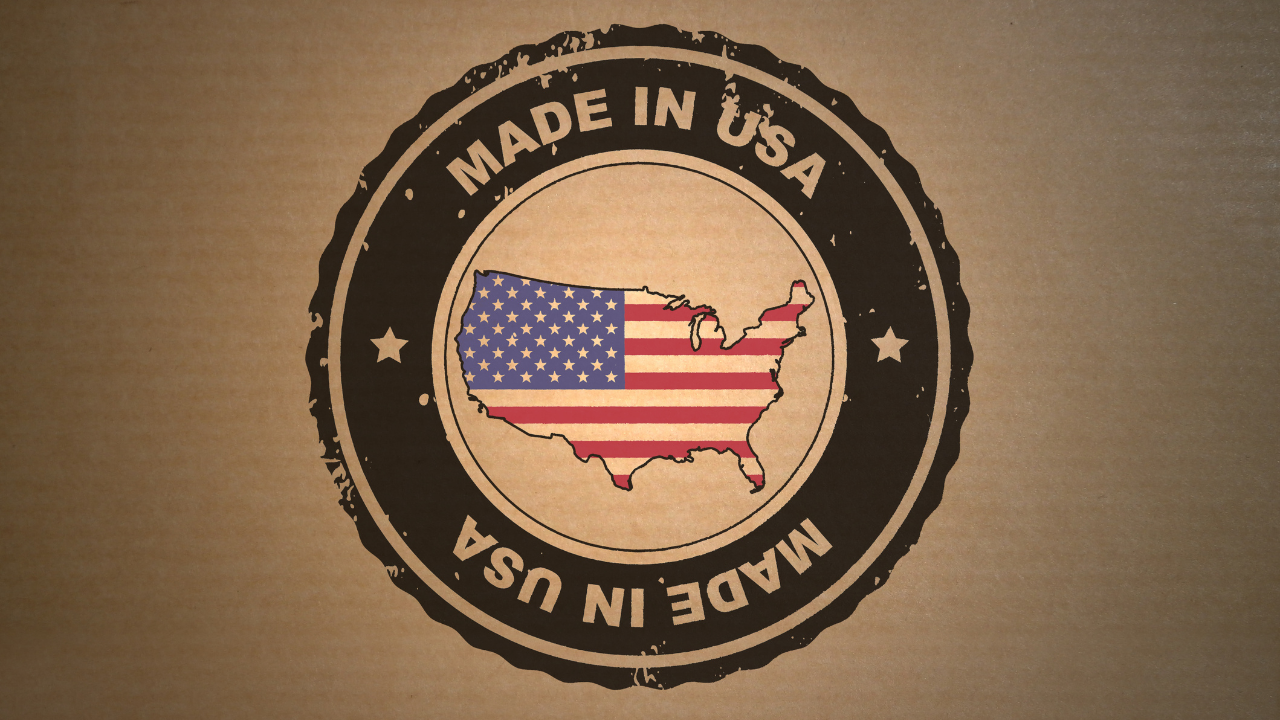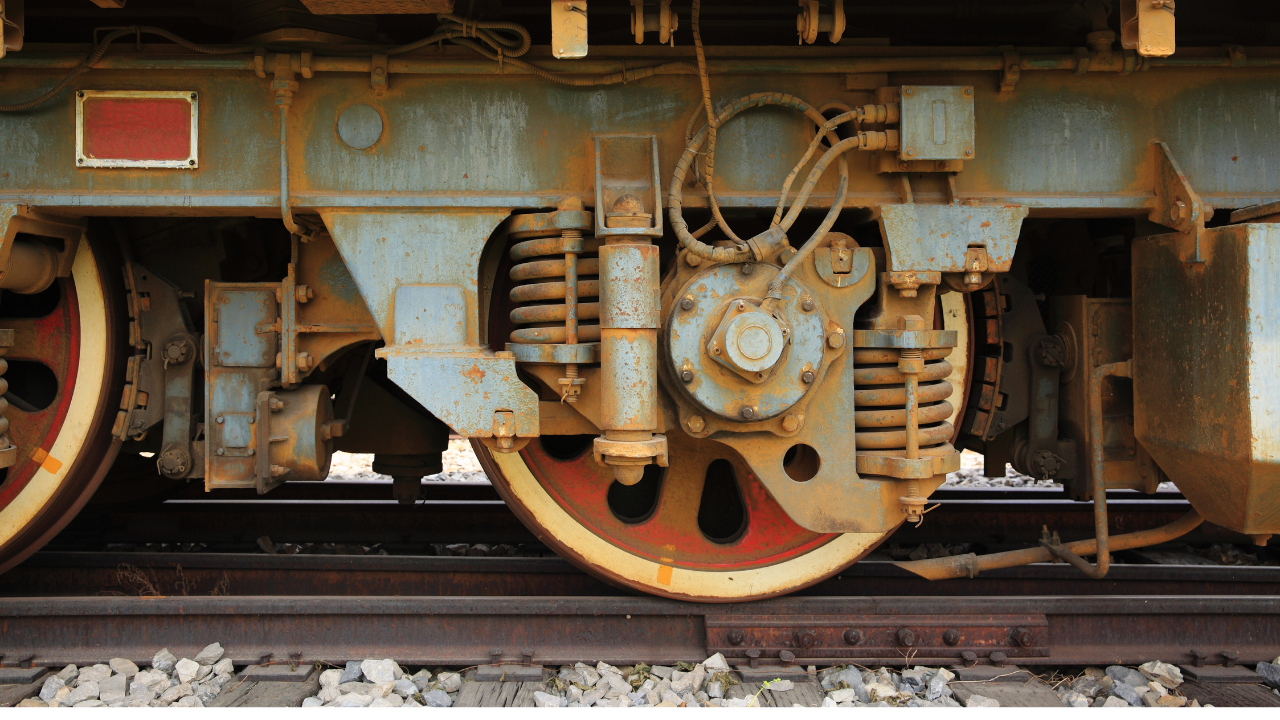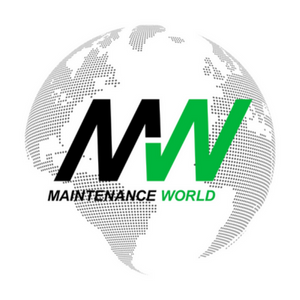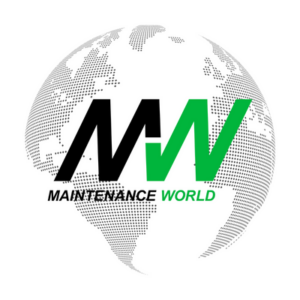Cardinal Manufacturing, Helping to Bridge the Manufacturing Skills Gap
Natalie Johnson
Posted 01/11/2023

The manufacturing industry is a crucial contributor to the economy, accounting for over 11% of the total output in the United States. However, many manufacturing companies are currently facing a skills gap, with more open job positions than there are workers ready to fill them. A study conducted by Deloitte and the Manufacturing Institute predicts that 2.1 million manufacturing positions will go unfilled by 2030, potentially leading to a loss of $1 trillion in GDP for the United States.
There are several factors contributing to the manufacturing skills gap. One is a false perception of what manufacturing jobs entail, with many young people viewing them as outdated and laborious. Another is a lack of technology skills, as manufacturers are increasingly seeking workers with a diverse range of skills and expertise in areas such as robotics, artificial intelligence, and analytics. The pandemic has also had an impact, leading to the loss of 1.4 million manufacturing jobs and a slower rate of rehiring.
To solve the manufacturing skills gap, both employers and educational institutions can take steps to attract and train the next generation of workers. Employers can invest in training and development programs to upskill their current workforce and make manufacturing jobs more appealing to younger workers. Education institutions can work with manufacturers to create curricula that meet the needs of the industry and help students acquire the necessary skills and knowledge.
In addition, initiatives such as apprenticeship programs and industry partnerships can help to bridge the gap by providing students with hands-on experience and the opportunity to learn directly from industry experts. By addressing the manufacturing skills gap, companies can ensure that they have a skilled and competent workforce to drive their operations and contribute to the success of the industry.
One initiative to encourage students to explore a career in manufacturing was started by Craig Cegielski, a Tech Ed Instructor at Eleva-Strum Central High School in Strum, Wisconsin. Mr. Cegielski started a unique and innovative program known as Cardinal Manufacturing.
Cardinal Manufacturing provides students with hands-on experience in the machining and manufacturing industry. The program operates as a fully functioning student-run machine shop that serves local businesses and individuals while allowing students the unique opportunity to gain practical experience in machining, welding, and entrepreneurship.
Cardinal Manufacturing was designed to give students a taste of the real business world. To be accepted into the program, students must first complete Metal Working I and II and then apply by creating a resume and submitting a letter of recommendation. Students will then go through an interview process and if selected they will be responsible for managing the day-to-day operations of the business.
Within the company, students are assigned various roles, such as quoting jobs, ordering materials, manufacturing parts, handling quality control and inspections, shipping product, receiving product and materials, invoicing, and providing customer service. They also learn important business skills such as accounting, marketing, problem-solving, teamwork and office management.
Since its inception, Cardinal Manufacturing has grown significantly and now serves hundreds of customers, from private individuals to clients throughout Wisconsin and other parts of the country. The program has also attracted national attention and has hosted special guests, including Wisconsin Governor Scott Walker who visited the facility in March 2013.
The program is self-funded, with profits generated through the sale of its services going back into the program to support the purchase of new equipment and materials. The program has received significant support from local businesses, with many donating equipment, tooling, services, training, and consulting. In 2013, the program generated approximately $40,000 in revenue, with each of the 12 students receiving a profit share of around $1,000.
In addition to providing students with valuable learning and work experiences, Cardinal Manufacturing also serves as a grassroots economic development effort, helping to expose students to career opportunities in manufacturing and shift the attitudes of counselors and parents towards encouraging students to explore these types of careers.
Many of the students who participate in Cardinal Manufacturing go on to higher education, with some pursuing engineering degrees at universities and others attending local technical colleges. The program has been successful in not only teaching students valuable skills, but also in getting them excited about pursuing careers in the manufacturing industry.
Overall, Cardinal Manufacturing is a highly successful program that is making a positive impact on students and the community. Its innovative approach to education and training has earned it recognition and support from local businesses and government officials, and it is well-positioned to continue its success in the future.
Encouraging students and schools to participate in programs similar to Cardinal Manufacturing may help fill the manufacturing skills gap. If you’re interested in launching or sponsoring a similar program, register for the next teacher workshop on April 20, 2023, to learn more about how Cardinal Manufacturing planted its roots.
Midweek with Maintenance World
Looking for a midweek break? Keep up with the latest news brought to you every Wednesday by the Maintenance World crew.

Natalie Johnson
Natalie Johnson is the previous editor/website administrator for MaintenanceWorld.com, and is currently a student at Campbell University Norman Adrian Wiggins School of Law.
Related Articles

South Carolina Ranked as the #1 State for Manufacturing

The Decade of American Reshoring
Lost Radioactive Capsule Proves Preventive Maintenance is as Important as Ever






